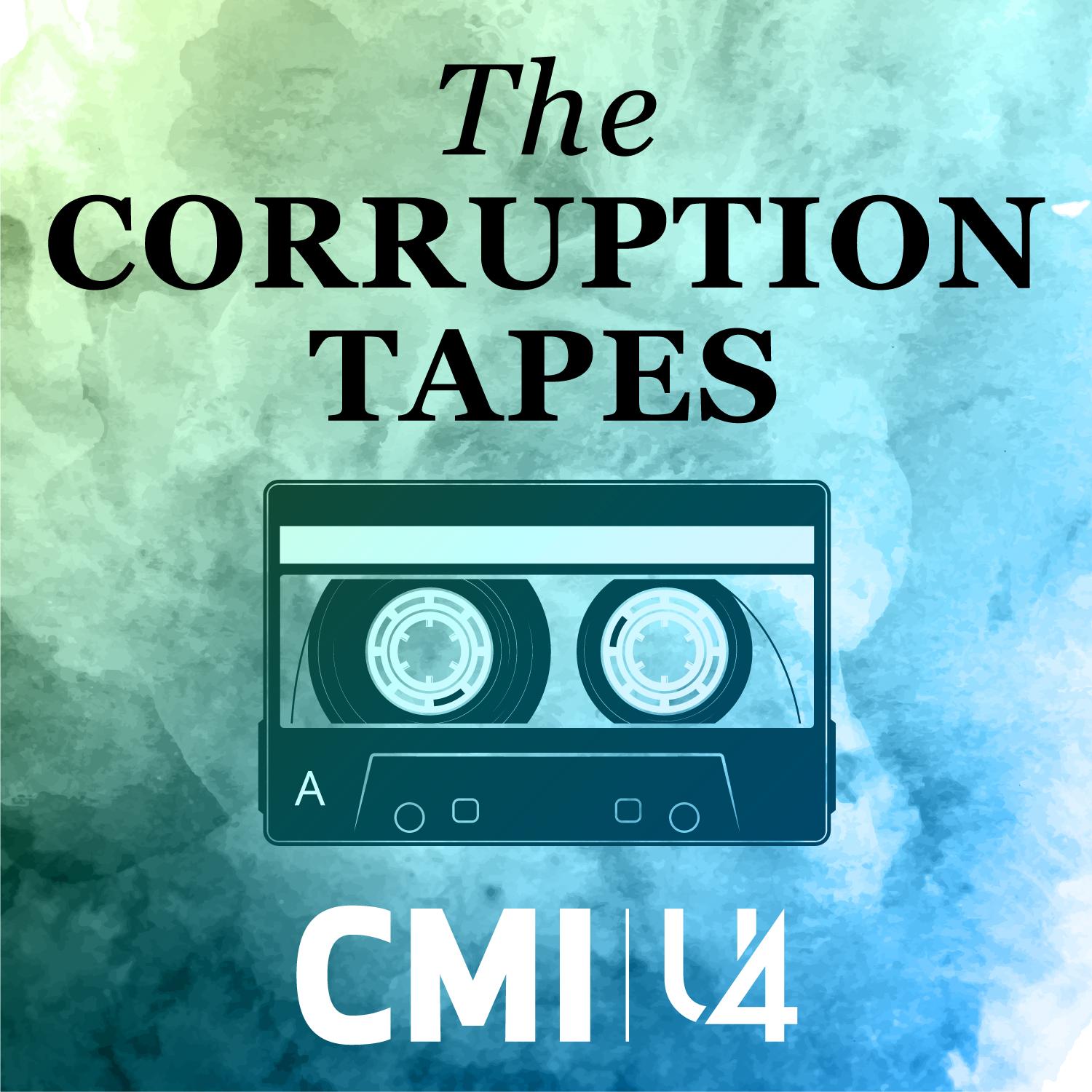Thorough undercover investigations have helped to uncover corrupt schemes to import illegal timber from the Republic of Congo, Cameroon and Nigeria to China and Vietnam. Corruption needs to be tackled at every stage of the supply chain - from country of origin to destination. What role can investigations play?

Episode 3: Investigating illegal forest activities and corruption. Available on Soundcloud (28 minutes).
In the latest Corruption Tapes podcast, U4 Anti-Corruption Resource Centre and TNRC team members Aled Williams and Sophie Lemaître are joined by Lisa Handy, Director for Forest Campaigns at the Environmental Investigation Agency (EIA) and Samuel Nguiffo, founder and Director of the Centre for Environment and Development (CED) in Cameroon. They discuss how investigations can help shine a light on corruption in the forest sector, catalyse enforcement and illustrate concrete actions to tackle corrupt practices.
Every step of the supply chain
Allocating logging licenses to the company that pays the most, handing in fake documents, paying bribes to get the timber past customs. Corruption occurs at every step of the timber supply chain. Estimates show that illegal timber worth somewhere between 51 and 152 billion US dollars annually goes under the radar of authorities worldwide. There is too little law enforcement and too many actors turning a blind eye, argues Sophie Lemaître. The illegal logging facilitated by corruption is a disaster for local economies, for biodiversity and a grave threat to the climate.
Samuel Nguiffo was awarded the prestigious Goldman Environmental Prize in 1999 and is among the actors who play a crucial role in tackling the problem by revealing corruption in the forest sector. Some of the evidence investigators uncover is so outrageous it is almost hard to believe. For example, investigations by the EIA uncovered a corruption scheme in the importing of Nigerian rosewood to China. Chinese buyers offered bribes to get shipments being held at Chinese ports released. It reached the point where buyers started complaining that the bribes were so expensive that they could no longer make a profit. With all the evidence and knowledge we have about the severity of corruption in the forest sector, how can it continue?
A call for more transparency
Part of the answer is a lack of transparency. Opaqueness throughout the entire system allows for fraudulent bookkeeping, arbitrary awarding of concessions and waivers, and false documentation, argues Lisa Handy. For any real change to be possible, three measures are paramount: Better traceability systems, an increased focus on due diligence, and more resources to support forest monitors and enforcement officials.
It is not all bleak news: Important developments are taking place at international, country and local levels. The Extractive Industries Transparency Initiative (EITI) now involves the forest sector in several countries, and UNODC with various donor agencies support activities to build capacities of law enforcement agencies to investigate, prosecute and sanction forest-related crimes. There is also an increased recognition, at least in some quarters, of the crucial roles indigenous peoples play in forest protection.
But coming together to cooperate on an even bigger scale is necessary. A sector stained by corruption at every step of the chain requires joint efforts and a shared sense of responsibility:
- Environmental crime and corruption can only persist as long as there is a market for illegal products. Consumer countries including in the EU and the US, Vietnam and China need to take more decisive action against imports of illegal timber, says Handy.
Tune into the Corruption Tapes podcast for a fresh approach to the debate on how to tackle the devastating effects of corruption on conservation! Available on Soundcloud.
For more resources, see:

The podcast is made possible by the generous support of the American people through the United States Agency for International Development (USAID). The contents are the responsibility of the author(s) and do not necessarily reflect the views of USAID, the United States Government, or individual TNRC consortium members.